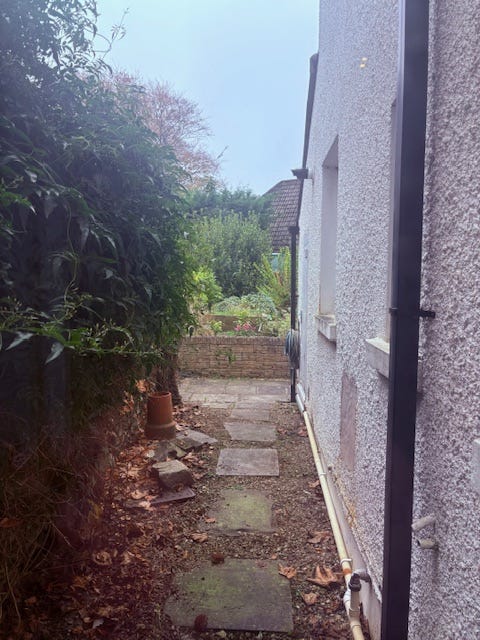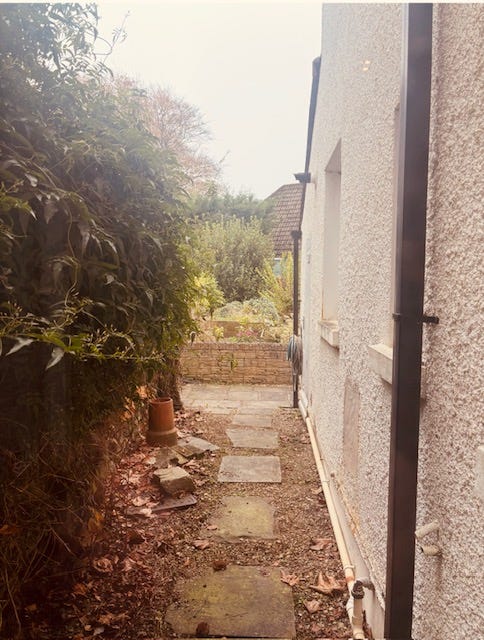I had a cataract operation on Thursday, so my view of the world at the moment is somewhat lopsided, but I'd say a lot less lopsided than some of the instant takes I've seen on the US presidential result by some Democratic writers and analysts.
As Professor Dave Karpf says in his recent substack, a lot of them are simply trying to fit the election result to their prior analyses of problems with the Democrats:
I find myself reflexively uninterested in dissecting Kamala Harris’s campaign decisions. There will be time for the pundit-class to fit these results to their priors. (…If only she had adopted my issue stance, the nation would have seen and the results would have been different. …If only Biden had dropped out sooner. …If only the Democratic Party had held an open sprint-primary in July and August. …If only, if only, if only.)
There’s something unserious about that instinct.
David Aaronovitch makes a similar point here:
Listening to some of my favourite US commentators….has been a dispiriting business because their analyses didn't make much sense to me.
I can only describe the post-op experience of the cataract removal as being like looking at the world through two lenses with different filters.
The eye which has had the operation now has clarity, definition and brightness of colour.
The eye which has not yet had an operation I realise now is like looking through a sepia-tinted lens.


I will write more about this at some point. It's clear to me that my vision has suffered from something like the blur effect you can impose for your background on Microsoft Teams.
I've been listening to audiobooks, mainly thrillers, since the operation on Thursday.
Audiobooks are another discovery in themselves.
The post-operative experience has given rise to one or two comedy moments.
I tried to pour myself a glass of wine on Saturday and I missed the glass. It all ended up over the kitchen worktop because my depth of field particularly close up isn't good yet and awaits the second operation.
My optician has taken one of the lenses out of my spectacles - the lens that would be in front of my operated eye. I have kept the lens in the frame for my eye that has yet to have the operation. So I have a one-eyed view.
I can watch television okay, but at the moment there is a problem of a bit of double vision closer up and my operated eye is making things look larger than they actually are. But who knows. Maybe they are larger and my unoperated eye shrinks them.
No doubt this will settle down and when both eyes have had the operations I will be back with relatively normal eyesight - indeed eyesight better probably than I've ever had in my life.
But I reckon my vision is better than a lot of post-election commentators, particularly amongst some of the Democratic writers. They have cataract vision. This week I've cancelled subscriptions to many substacks from Democrats that I've been reading over the last six months.
None of them had significant depth of field analysis to make wasting time reading them worthwhile.
However, this article by Thomas Frank in the New York Times reminded me that I have his books on a bookshelf in my office and I need to go back and re-read them.
I think in general, I've got a bit ed up with what has been called the sociology of the last five minutes, and I want to go back to reading more deeply on historical trends. This means that many of the instant takes on US and UK and indeed European politics, aside from those from writers grounded in studying contemporary history over decades, need to be left behind.
This applies also to Welsh politics, but that's another subject for another day.
As Michael Mann has said:
All of our theories of social change require some knowledge of history, for example. So, to take theories of globalisation as an example, ninety per cent of the writers on globalisation have no idea whatsoever about what the world was like fifty years ago, or even twenty-five years ago. The focus is on all the supposed changes of the last five minutes or so with a very simplistic notion of what the past was like.
Woth the eyes in their current state I'm likely to post slightly less frequently over the next few weeks.
I will be continuing to teach, and then I will, as my eyesight gets better, start on more of the preparation for teaching in the New Year, and more writing here.
But this whole experience has taught me to focus much more on those who can bring depth of field to their analysis.
I'm clearly going to have a less cluttered email inbox in future.
I've dictated this post so that I don't have to spend too long looking at the screen.
I then edited it. Here is an example of artificial intelligence in action, because of course the transcription of this was done for me by an app, and all I've had to do is make minor edits.
Audiobooks and AI transcription. Yet more technological steps into the future….



